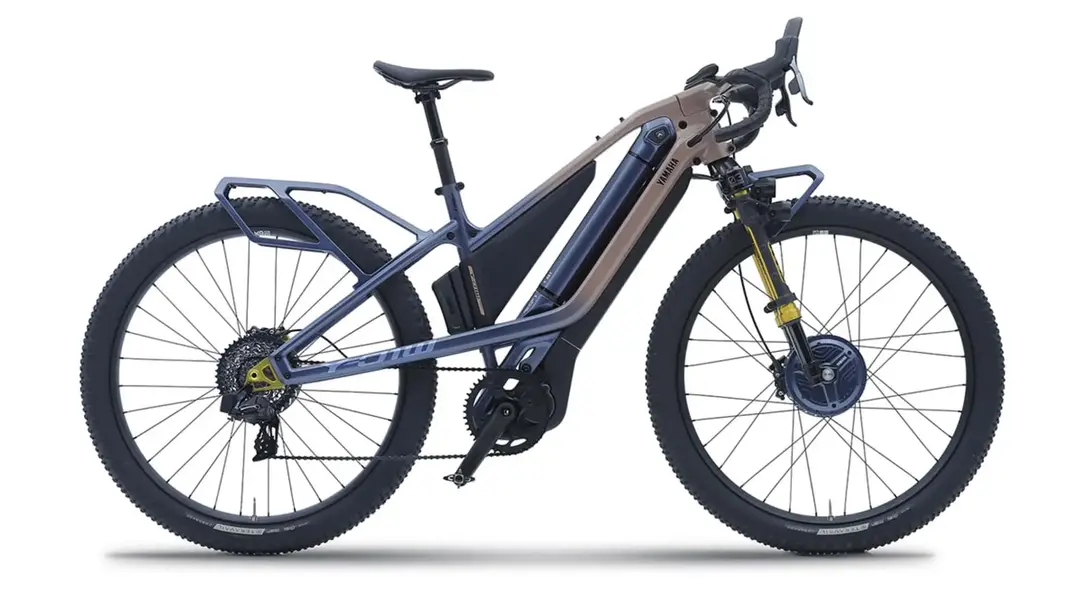Ah but that's conveniently ignoring a huge part of the carbon footprint, I'll accept your premise that an electric motor is more efficient in it's use of energy than a human after all the human produces plenty of waste heat as they pedal their bike but once you add in the recharging of the ebike battery and the production of the battery/motor/controller etc to the total carbon footprint I suspect the balance will favour the pure human powered bike again.
I'm not against e-whatever's but I wish we would be told the true total impact on the planet of e-this verses old-fashioned-that.
I'm currently trying to get fit again following foot surgery to try and relive the pain following an industrial accident many years ago that stopped me riding bikes for the last couple of decades, as tempting as an ebike would be given I live in an area that nothing but up and down hills for miles around, I'm using a turbo trainer instead to slowly increase the workload as riding these hills is something I can't manage yet.
One of my neighbours posts his ebike rides on strada but doesn't state he's riding an ebike, all the locals must think he's the next Eddy Merckx.
If you watch the previous video, and read a few other studies, IIRC they do take the additional impact due to manufacturing of ebikes into account - and it still came out ahead - especially if you are a vegan riding an electric bike. Essentially, the major additional carbon impact of ebike manufacture is down to the battery, and that's equivalent to around 500 cups of tea or a large steak. That's not per mile/km, but in total. Apparently, it takes roughly 100kg of CO2 to manufacture a normal bike, and 165kg for an electric bike.

This stuff is very counter-intuitive - but I keep coming back to the notion that human powered replacements for things that can be driven by electricity aren't in widespread use because humans aren't very good at energy production. Even gyms don't find it worthwhile to harness all of the human energy generated to keep the lights on. Also electric motors/batteries on bike are tiny - basically not much more than an electric drill/screwdriver. I suspect most readers here have one of those.
Does this mean you shouldn't enjoy riding your non-electric bike? Of course not it's still one of the most carbon efficient forms of transport, just not the most efficient (under certain circumstances). But equally if you are riding an electric bike, especially instead of using a car (even an electric one) for say, commuting - you shouldn't worry either. Normal bikers and ebikers can share the road together content that they are both using some of the environmentally friendly forms of transport. The question we should be asking is why on earth does eating 3-5 large steaks have the same carbon impact as manufacturing a bicycle, regardless of type? (the average person in the UK eats around 36 steaks each year - enough to make 7ish ebikes).
Ten years ago, I'd have absolutely been in the camp as some of the posters here, ebikes aren't proper bikes, are hugely wasteful etc. In fact, I still take the piss out of my eMTB riding friends. But I've come to appreciate their utility as part of a transport mix, while still enjoying non-assisted riding for pleasure and fitness.
Last edited:
